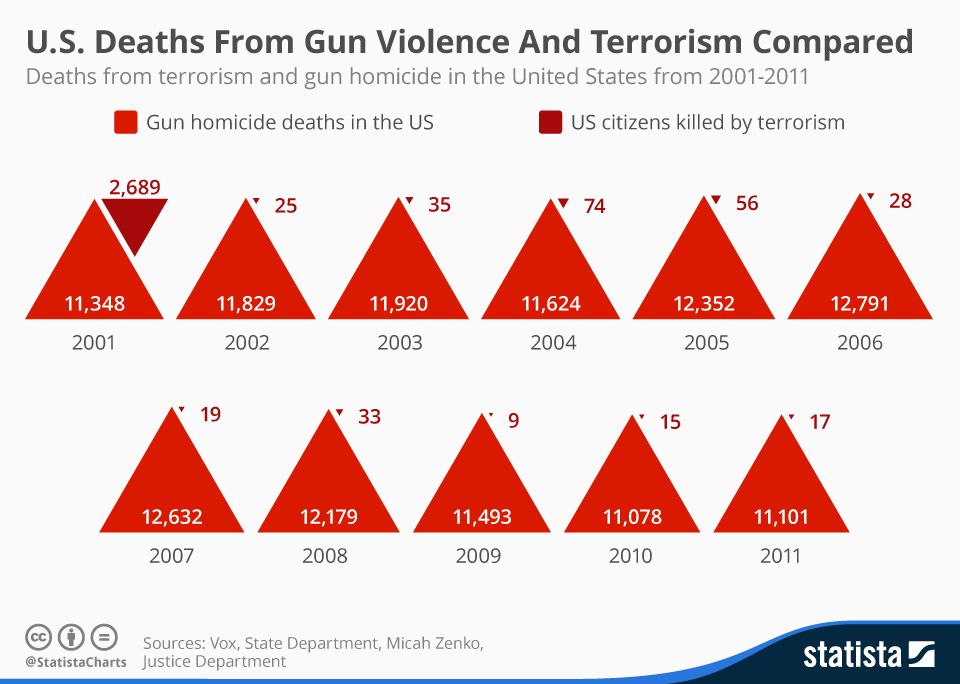Neat, eh?
Companies, states and the history of information technology
Recording of a recent wide-ranging hour-long conversation that David Runciman and I had with Dan Schiller, who was a visitor to our Technology and Democracy project.
Audio version here
Why some software can’t be a black box
This morning’s Observer column:
For anyone interested in what is laughingly known as “corporate responsibility”, the Volkswagen emissions-fraud scandal is a gift that keeps on giving. Apart from the company’s Nazi past, its high status in German life, its hitherto exalted reputation for technical excellence and quality control, and its peculiarly dysfunctional governance, there is also the shock to consumers of discovering that while its vehicles are made from steel and composite materials, they are actually controlled by software. We are already close to the point where that software may be more valuable than all the physical materials that make up the vehicle, and, if Apple and Google have their way, that imbalance is set to grow.
Volkswagen’s chicanery was discovered by good, old-fashioned analogue detective work…
Getting terrorism into context
Reminds me of the CATO study.
Thanks to James Miller, who pointed me to Wikipedia’s page on automobile accidents in the US which says that in 2012, an average of 92 people died every day in road accidents. (There were 33,782 fatal accidents that year.)
How to build an airliner in just over four minutes!
This is lovely. But see how the Dreamliner flies.
On the other hand, it might be unwise to drink coffee while airborne.
Ad-blocking and the future of the Web
This morning’s Observer column:
There is, alas, no such thing as a free lunch. What’s even more depressing is that there is no such thing as a free internet service. Most people nowadays probably understand that in relation to, say, social networking services, if the service is “free” then the users (or, more precisely, their personal data) are the product. But this also applies to stuff that you haven’t signed up for – websites that you browse, for example. The site may be free to view, but there’s often a hidden cost.
One part of that cost comes from surreptitious tracking of your browsing habits by outfits that sell that information to advertisers. (If this is news to you just install the Ghostery browser extension to see who’s monitoring your browsing.) The other cost comes from ads that are placed on a webpage either directly by the site owner or as the outcome of a real-time auction that goes on in the depths of the internet.
And as the web has evolved, and more of our lives conducted online, internet advertising has steadily increased. It’s now at the stage where it’s really annoying…
Larry’s up and running
Attaboy!
(For the background, see here).
A codebreaker’s desk, circa 1941
Algorithmic-driven markets and the future
This morning’s Observer column:
‘When a true genius appears,” wrote Jonathan Swift, “you can know him by this sign: that all the dunces are in a confederacy against him.” We need to update this for our age: whenever a really new technology arrives, you can tell it by the fact that most right-thinking people think it’s a scam.
Thus, to the average person the idea of a “cryptocurrency” like Bitcoin seems daft. I mean to say: a “currency” that was invented by a geek; is not backed by any bank or government; has no central authority; and operates on the basis of a public ledger that is secured by arcane cryptography. It has to be a scam, doesn’t it? Well, actually it doesn’t – but it would take more space than is available here to explain why. The point is that most people can’t see the point of cryptocurrencies, which, paradoxically, is why they are interesting.
On the other hand, most people – non-geeks as well as geeks – can see the point of Uber, the cab-hailing service that is causing such turmoil on the other side of the Channel (and occasionally over here too). You download an app to your smartphone. When you need a cab you launch the app and it shows you on a map where the nearest available cars are, and you hail the nearest one. Within three to five minutes it shows up. And when you arrive at your destination, you don’t pay the driver: the fare is charged to your credit card. QED.
Compared with currencies, therefore, Uber seems pretty comprehensible…
Quote of the Day
Now we have presidential candidates who make [George W.] Bush look like Abe Lincoln. But who will tell the people?
Paul Krugman, “Fantasies and Fictions at the G.O.P. Debate”, New York Times.


